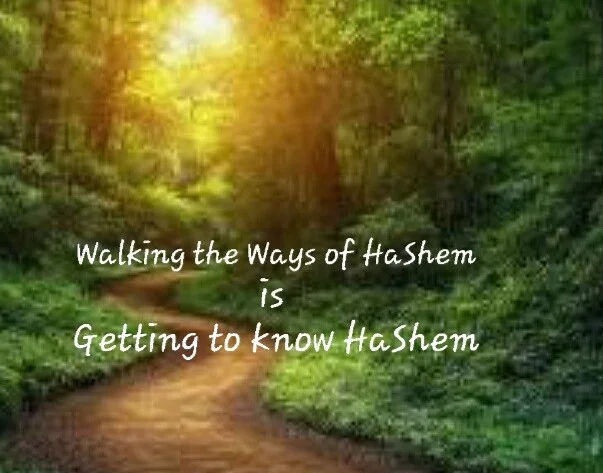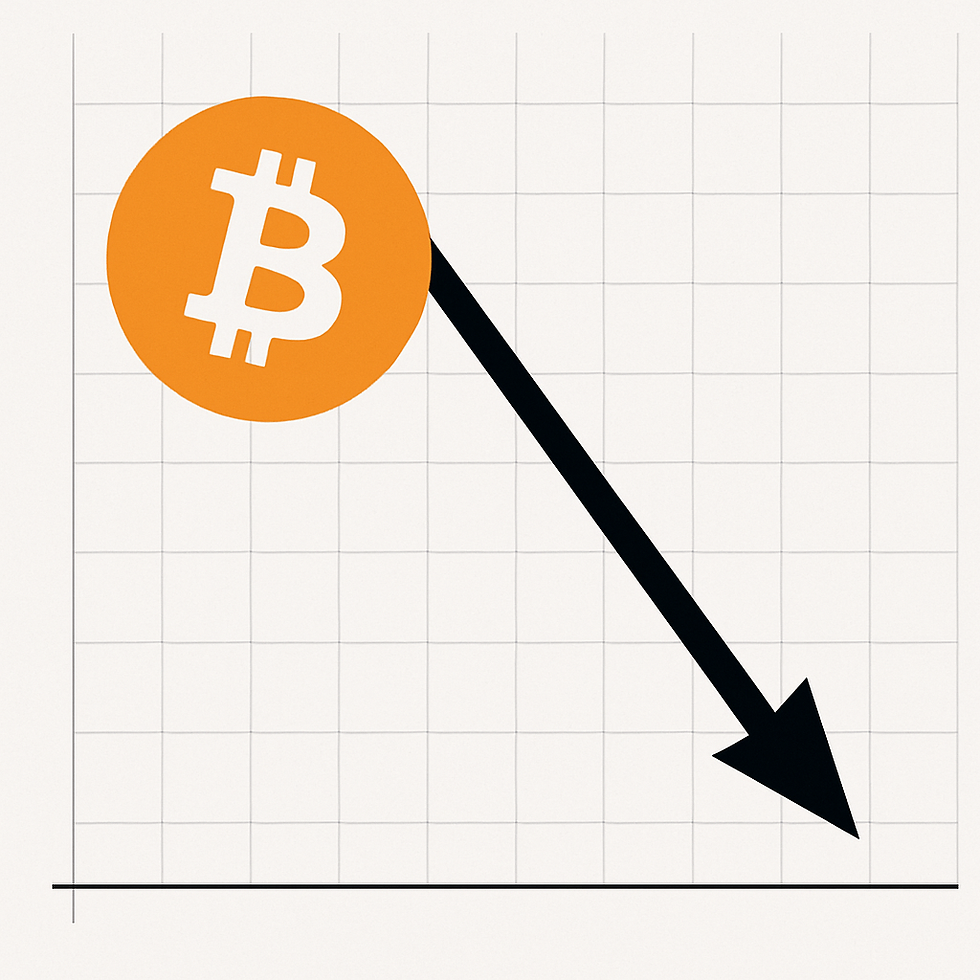Shabbat Naso
- WireNews

- Jun 1, 2023
- 3 min read
Numbers 4.21-7.89 - Wine and Women
by Rabbi Jeremy Rosen

The case of the Sotah, the woman suspected of adultery, is a very difficult issue to understand. Its rituals seem so primitive and, on the surface, it is so weighted towards the male and against the female that it is reminiscent of a very different, not to say more credulous time than ours.
The Torah says (Numbers Chapter 5) that if a man has good reason to suspect his wife, warns her against consorting with another man, and she ignores him and is intimate with that person, and there are no reliable witnesses (circumstantial evidence was not acceptable in Biblical law) then he may bring her to the priest who will subject her to a trial by ordeal to persuade her to confess. If she refused, he would humiliate her in public by making her look like a ‘loose” woman. Then make her swear her innocence by God and get her to drink some bitter waters with dust from the sanctuary and the name of God written in ink dissolved into it. If she was guilty her body would become deformed, and she would become a public disgrace and an adulteress. But if nothing happened, she would be declared innocent and reconciled to her husband and have children. Whatever we might think of it, such ‘Trial by Ordeal’ was common in Europe and America until a few hundred years ago.
The Torah gives us a lot more information. There were grounds. We are not dealing here simply with a jealous husband who randomly thinks his wife is up to no good. The husband has warned the woman not to be seen with the other man, but she has ignored him and consorted with him.
The whole procedure should be seen in a different light. The context of the piece is a part of the Torah that deals with admitting one’s fault and then putting it right. The purpose of the ceremony was in some ways like taking an oath at a time when people took the ramifications of a false oath very seriously. It was a sort of deterrent. Ideally, you would get to the bottom of something by getting people to admit it.
Rabbi Yochanan Ben Zakai who lived two thousand years ago in the last generation of those who experienced Temple Judaism, banned the procedure because he said that the men of his time were no more trustworthy or moral than women and ought not to have a privilege they did not deserve.
The original intent was that this would be a form of marriage counseling to improve the relationship between a man and his wife. The communication breakdown is usually a two-way thing that can often ruin a marriage. This is why the Talmud says that the waters ‘examine’ the man as much as the woman. The man referred to may be either the paramour or the husband or both (there are different interpretations).
The following law, after the Sotah, is about a Nazirite abjuring alcohol (Numbers Chapter 6). It warns of the dangers of alcohol and implies that drunkenness can often get one to behave in destructive and licentious ways. Seeing what its effects might be, as in the case of a loose woman, might serve as a warning. The priesthood at that time functioned in medical and pastoral roles as well as ceremonial. This added gravity to the situation.
The fact that this was the only occasion when it was permitted to eradicate God’s name led the rabbis to say that making peace between a man and his wife was so important that only for this did God permit the Holy Name to be destroyed. Now that’s innovative religious thinking for you.
Shabbat Shalom
Jeremy
###
Jeremy Rosen was born in Manchester, England, the eldest son of Rabbi Kopul Rosen and Bella Rosen. Rosen's thinking was strongly influenced by his father, who rejected fundamentalist and obscurantist approaches in favour of being open to the best the secular world has to offer while remaining committed to religious life. He was first educated at Carmel College, the school his father had founded based on this philosophical orientation. At his father's direction, Rosen also studied at Be'er Yaakov Yeshiva in Israel (1957–1958 and 1960). He then went on to Merkaz Harav Kook (1961), and Mir Yeshiva (1965–1968) in Jerusalem, where he received semicha from Rabbi Chaim Leib Shmuelevitz in addition to Rabbi Dovid Povarsky of Ponevezh and Rabbi Moshe Shmuel Shapiro of Yeshivat Be'er Ya'akov. In between Rosen attended Cambridge University (1962–1965), graduating with a degree in Moral Sciences.








